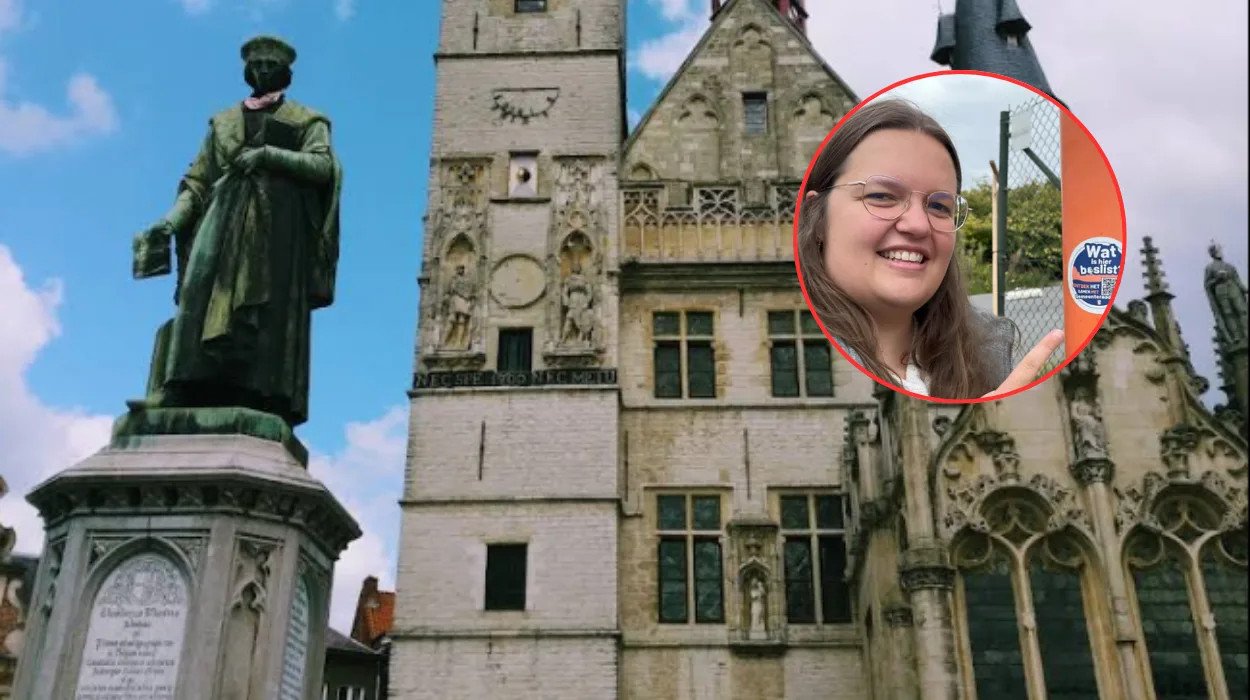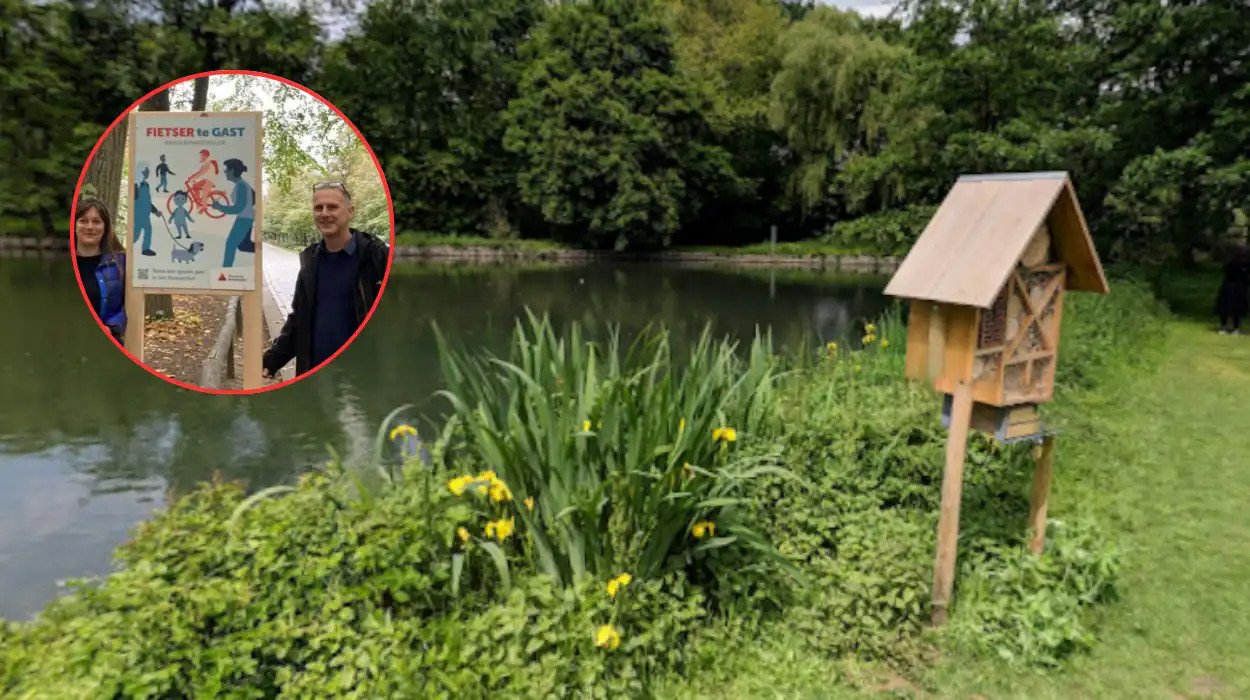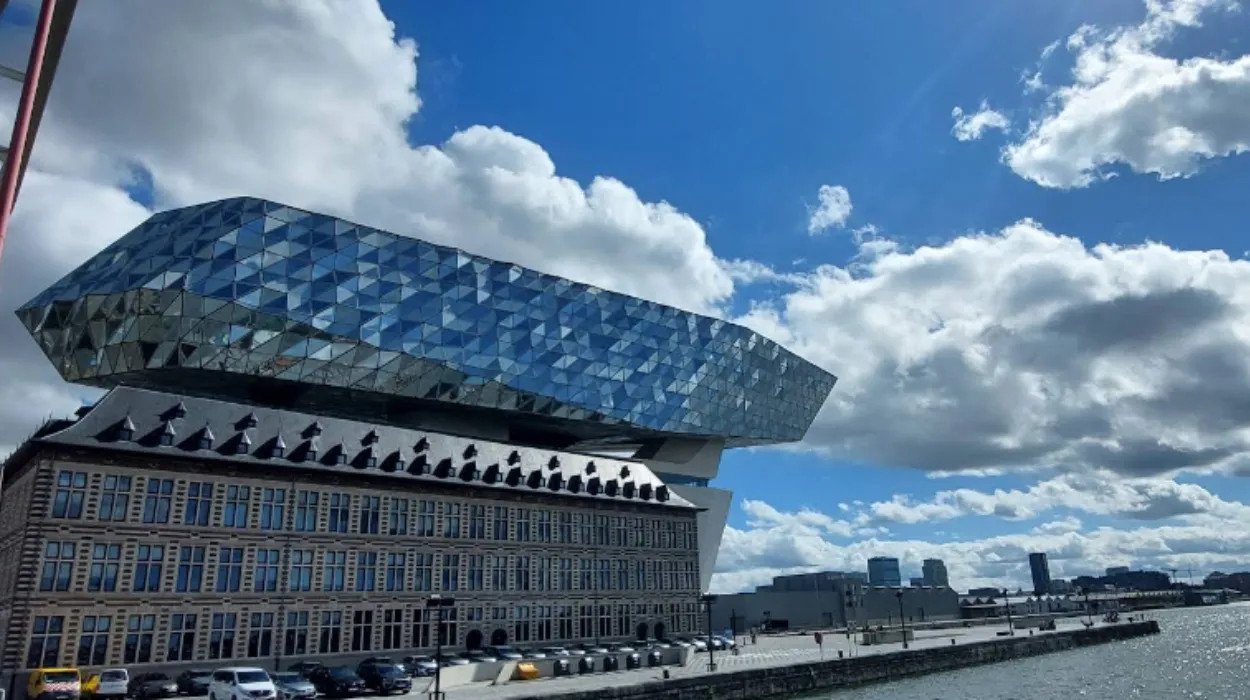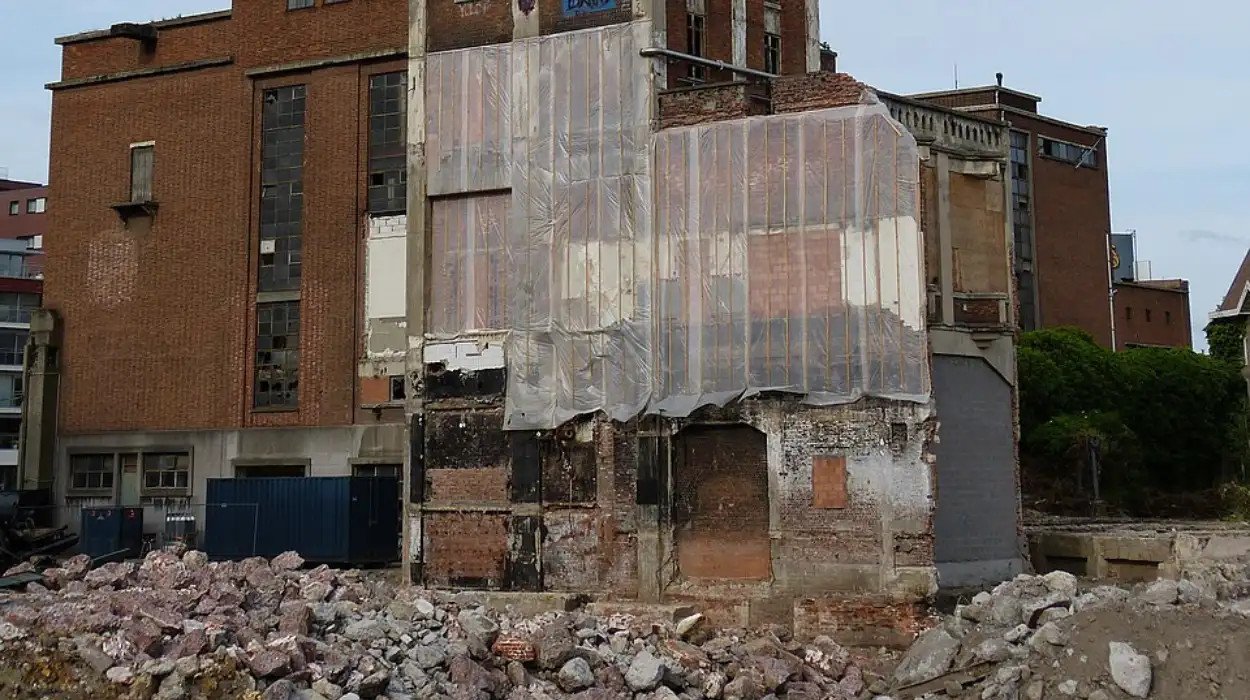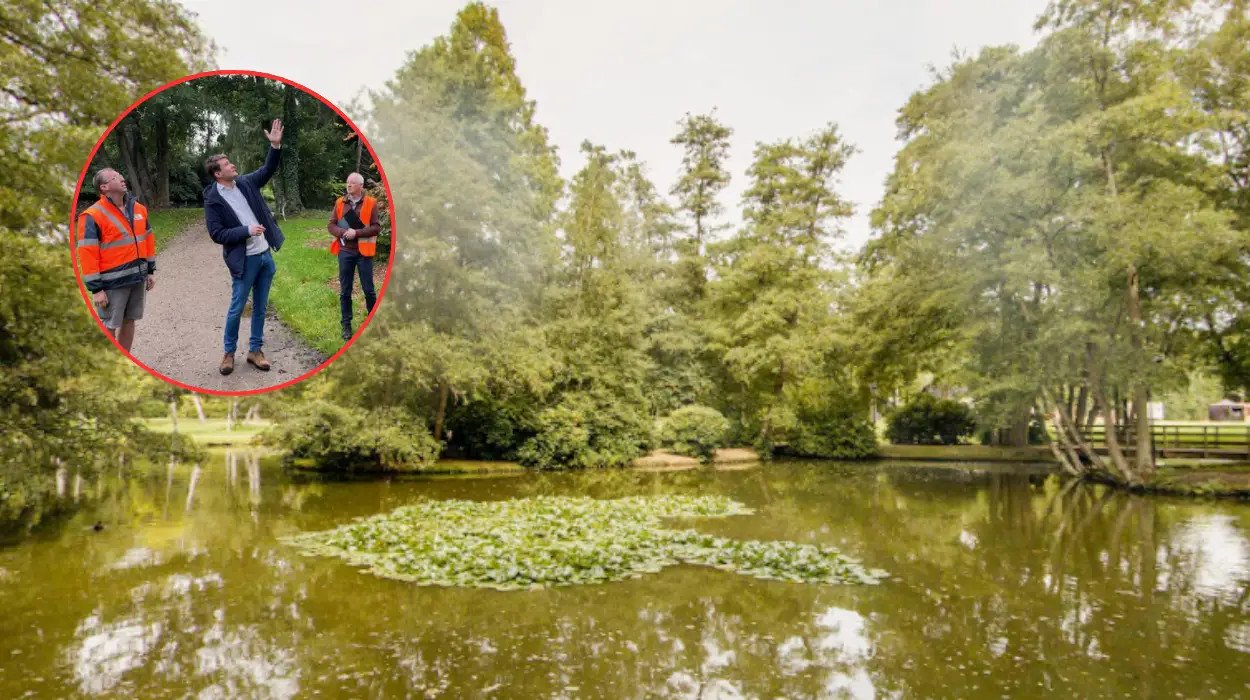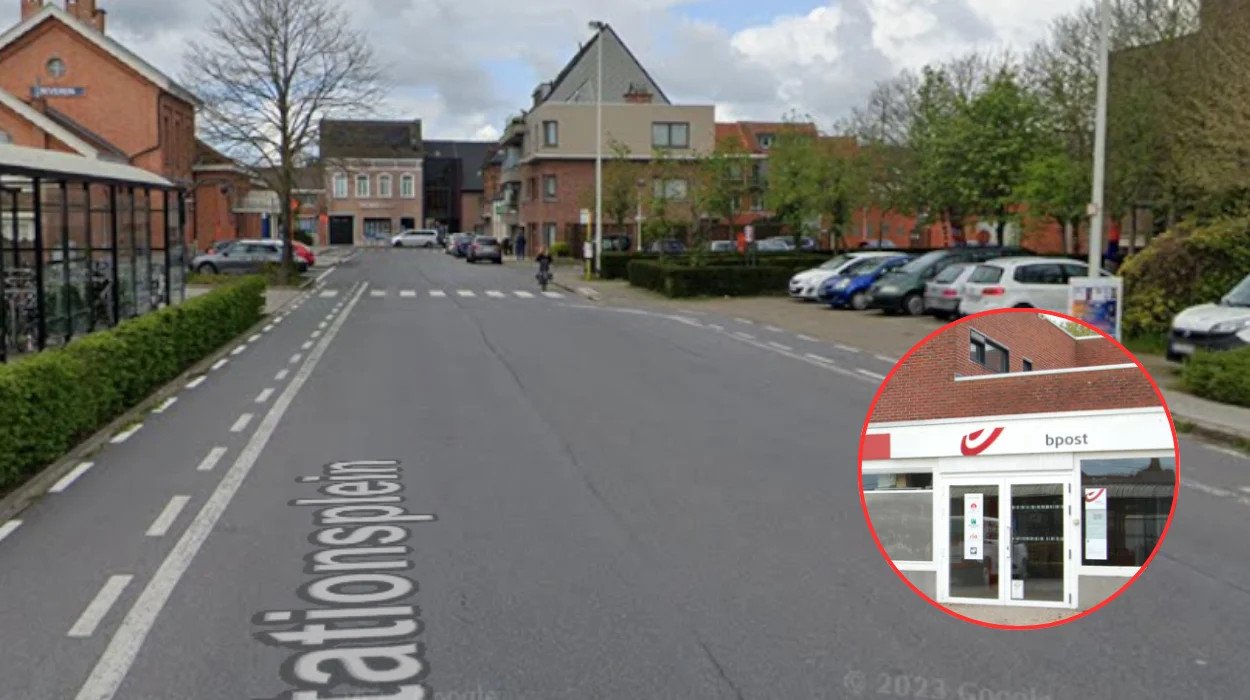Aalst –Aalst residents can now access city council decisions through newly implemented QR codes, created by local volunteers Emily Mortier and Daan Zwaenepoel. Currently, two codes are available per district, with plans for three additional codes to be introduced later this year, reports 24brussels.
The initiative allows residents to scan QR codes in their neighborhoods to view official council decisions pertinent to their location. From archaeological digs to the establishment of disability parking spaces, the decisions made by the city council are now just a scan away, as reported by VRT News.
“We’re just two volunteers who want to bring local politics closer to the people on the street,” explains Mortier.
The project, spearheaded by Mortier and Zwaenepoel, has emerged from their ongoing podcast “Gementeraadsels” (“Municipal Riddles”), which they have produced for two years. They emphasize that small council decisions can significantly impact local neighbourhoods and sub-municipalities.
However, officials have acknowledged challenges in the project, noting that the QR codes can be hard for some residents to locate. Each code is affixed to the sidewalk with stickers applied using a pressure washer, linking residents directly to the corresponding official city council decision for their area. The rollout of the project is ongoing.
Mortier highlights that there is considerable work ahead to engage the community, citing that only 60% of eligible voters participated in last year’s local elections. She hopes that this initiative will encourage greater civic involvement and awareness of local governance among residents.
At present, each district in Aalst is equipped with two QR codes, with plans to expand this to three per municipal council area. Similar transparency projects have taken root in other cities, with Ghent utilizing QR codes in public spaces to display plans and council decisions regarding parks, streets, and historic buildings.
In Amsterdam, QR codes have been employed at construction and public art sites to provide access to permits, design plans, and progress updates. Barcelona has also used QR codes to inform residents about local initiatives, including transportation upgrades and neighborhood enhancements.
